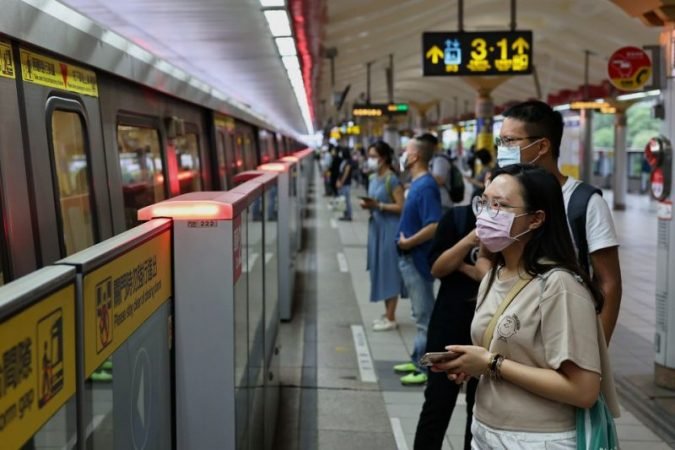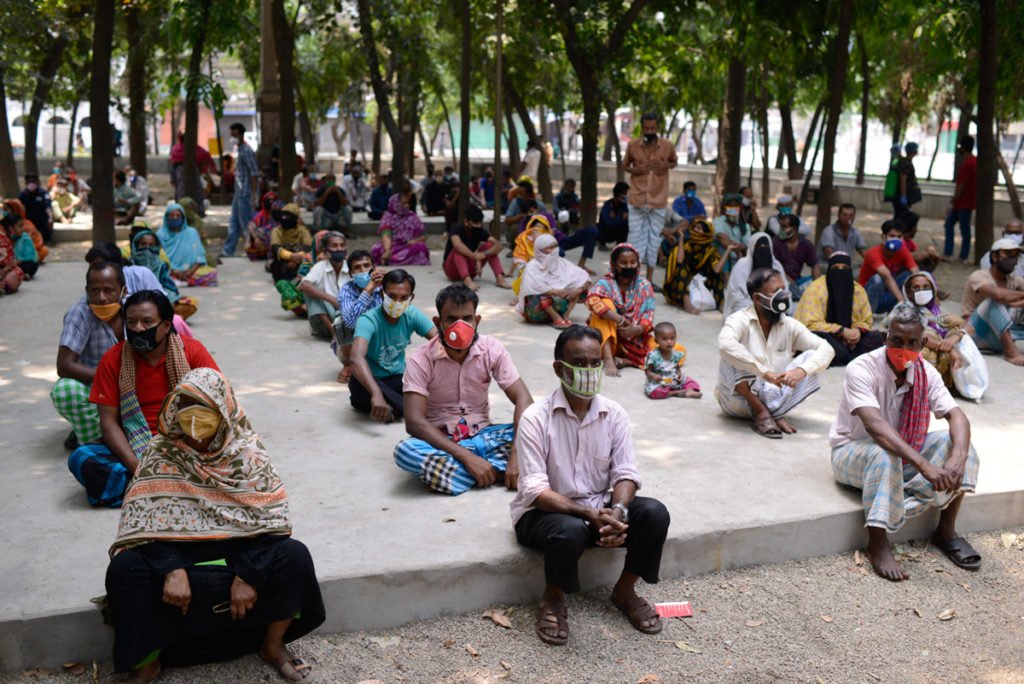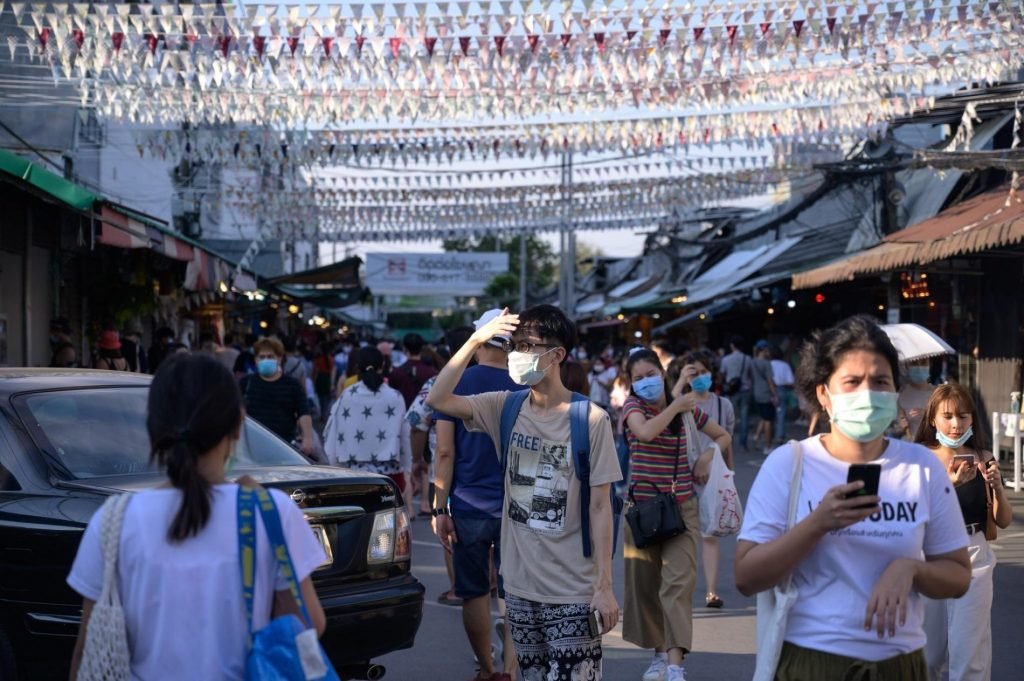Covid-19 & changing policy discourse

Policy formulation always was an integral part of any institution. In normal discourse, policies are the statement that usually reflects the principles and motivation of the institution to deal with various situations usually for smooth upliftment followed holistic development of the individual or society. A major transformation in this discourse has been seen after World War-II when third world countries were emerging and policies were inclining to welfare-oriented then after, end of the cold war, made remarkable shifting in very nature of policies formulation globally as after the end of the cold-war world has accepted liberal approach in policy formulation. Here what Francis Fukuyama has said this event as “End of History” by which he means the origin of new tradition and acceptance of new approach to moving forward. Many countries including India opened their economy. After that now, its pandemic, this has changed the determinants and very nature of policy formulation. Environment and events play a very important role in determining the nature and discourse of the policy.
The outbreak of covid 19 was totally unpredicted threat to the world community, although, in 2019 at the time of its first outbreak in China, no one has ever imagined that it is going to create such hardship to the world community. The sudden outbreak of this virus has not only adversely affected human civilization to a large extent but has also changed the definition of all kinds of human activities. Even now policy formulators are also looking for new possible approaches to deal with before coming to any conclusion. Due to the pandemic by the end of March 2020, approximately the whole world had imposed lockdown and totally stopped all kinds of movements and activities within the territory as well as cross borders too. This event has created unprecedented hardship through which we are still going. Although the immediate priority was to tackle the health crisis and saving lives but finding the scope to get the economy back on track was really the toughest task has to be done on an immediate basis. Presently in 2021, we have been going through the second wave of the pandemic which has already caused severe effects on human life. And many scientists are in believe that soon we may enter into the third wave.

Pandemic has given rise to multidimensional hardship to the world community, although it would be situational but lessons would be permanent. Connecting the pandemic relation with changing climate concerns may seem quite unscientific work but in many of the works of epidemiologists had already warned that the pre-pandemic characteristics of the world were giving rise to the risk of an outbreak of pandemics. Mitigating the pandemic threat and risk is where the primary concern of the government nowadays on the same what about long term future goal should be like, and the future of policy formulation and implementation of it in very behaviour of us is another remarkable question which needed to be answered.
UN has already presented a vision of new development discourse in terms of SDGs, i.e., sustainable development goals which are 17 in the count. Its aim is to ensure or achieve the better and sustainable future for all. It is somewhere inclined on equity principles. Where UN not only talking to reduce the social imbalance but environmental too, the Pandemic has undoubtedly affected this vision as well. Imposition of lockdown worldwide due to covid 19 was where creating unpredicted hardship to the human being in term of health risk, economic crisis and all on the same second aspect of it was like a blessing to the climate or nature. Taking an example where in pre-pandemic period only global air transportation carries 2.5% of global greenhouse gas emission in the early 2020s, but due to pandemic, it has been reduced. Only in china in comparison of the month February 2019 in Feb. 2020 it as estimated 25% drops in Co2 emission. Shutting of industries and imposed restrictions over domestic movements too, these all contributed in a reduction in emission of greenhouse Gas. Shutting of firms worldwide has adversely affected the global demand-supply chain and it was more hazardous to local low budget firms and young investors due to their limited reach on capital. However, from mid of 2020, restoration of economic activities has been started in a phased manner throughout the world but still, the circumstances are not in our favour to open it completely. Questions like how to open, what to open are what should not be open; these all questions are creating a huge dilemma for the world community. Although the world community is trying their best to convert this disaster into opportunity, shown a rapid inclination towards technologies and especially renewable energy sources unfortunately it is not up to that much feasible because clouds of cyber threat are where one hurdle in the path of technological glory on the same we cannot neglect those firms which based on non-renewable sources.

Where Pandemic has accounted a sudden inclination of the world over technologies on same it has given rise to the phenomenon of alienation from nature. Policy formulators need to think about new approaches in order to harmonise biogenic and anthropogenic centres. The vision of UNSDGs would be best achievable in this manner. In the post-covid era neither we could think of repeating our earlier mistakes nor do we continue relying extremely on technologies. In each and every sector we need to redefine our approach keeping in view the hardship we went through during this pandemic time. Even the earlier global climate agreements are needed to be redefined. Technologies are now overshadowing the relevance of human being which is a very serious concern for human existence in future as well. Talking about an institutional arrangement where at local level decentralization in formulation and execution of the policies in order to coordinate the local demand or interests would be a more effective approach than hierarchy model, especially, during the pandemic time, local governments were in the front line fighting against the pandemic and mitigating the risk. At the centre or global level institutional responsibilities are needed to redesign and should be like facilitators and guide to the subordinate. Policies are actually supply to the demand of civic based on situation and circumstances, and present pandemic time is floor taste to all our pre-pandemic approaches and policies.



















